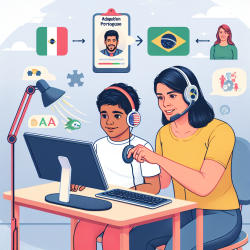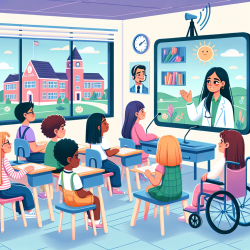Understanding Licensure Requirements for Speech-Language Pathologists in South Carolina
For Speech-Language Pathologists (SLPs) practicing in South Carolina, understanding the nuances of licensure requirements is crucial, regardless of their practice setting. All licensees are mandated to adhere to the Board's licensure requirements, ensuring a consistent standard of care and professional conduct.
Medicaid Services and Supervision
School-based SLPs often have questions regarding Medicaid services. It's important to note that billing concerns are addressed by third-party payers, not the Board. Moreover, while supervising licensed individuals, SLPs must adhere to Board provisions. However, these provisions do not extend to supervising unlicensed individuals, unless they are Speech-Language Pathology Assistants.
Clarification on Professional Titles and Intern Licenses
Under South Carolina's regulations, the term "speech-language therapist" is included within the scope of practice for licensed SLPs. Additionally, individuals holding a South Carolina Speech-Language Pathologist Intern License have completed post-graduate education but are in the process of meeting professional exam requirements or supervised professional employment. These interns can perform evaluations and reevaluations under supervision, ensuring they gain practical experience.
Exploring Telepractice: A Modern Approach
Telepractice is defined by the American Speech-Language-Hearing Association (ASHA) as the use of telecommunications technology to deliver speech-language pathology services remotely. This innovative approach is applicable in various settings, including schools, medical centers, and even clients' homes. Practitioners must ensure compliance with relevant regulations before offering telepractice services.
Telepractice in South Carolina: Key Considerations
Telepractice is permitted in South Carolina, but practitioners must exercise professional judgment to determine the appropriateness of remote evaluations. The Board does not regulate billing or reimbursement for telepractice, so practitioners should consider these factors independently. Furthermore, only practitioners licensed in South Carolina can provide services to clients within the state, while those licensed in South Carolina must verify licensing requirements for clients in other states.
Ethical Considerations and Licensing for Out-of-State Practitioners
ASHA emphasizes adherence to its Code of Ethics for those providing telepractice services. Practitioners from other states offering services in South Carolina schools must hold a South Carolina license, unless they are employed by a state or federal agency.
For more information, please follow this link.










